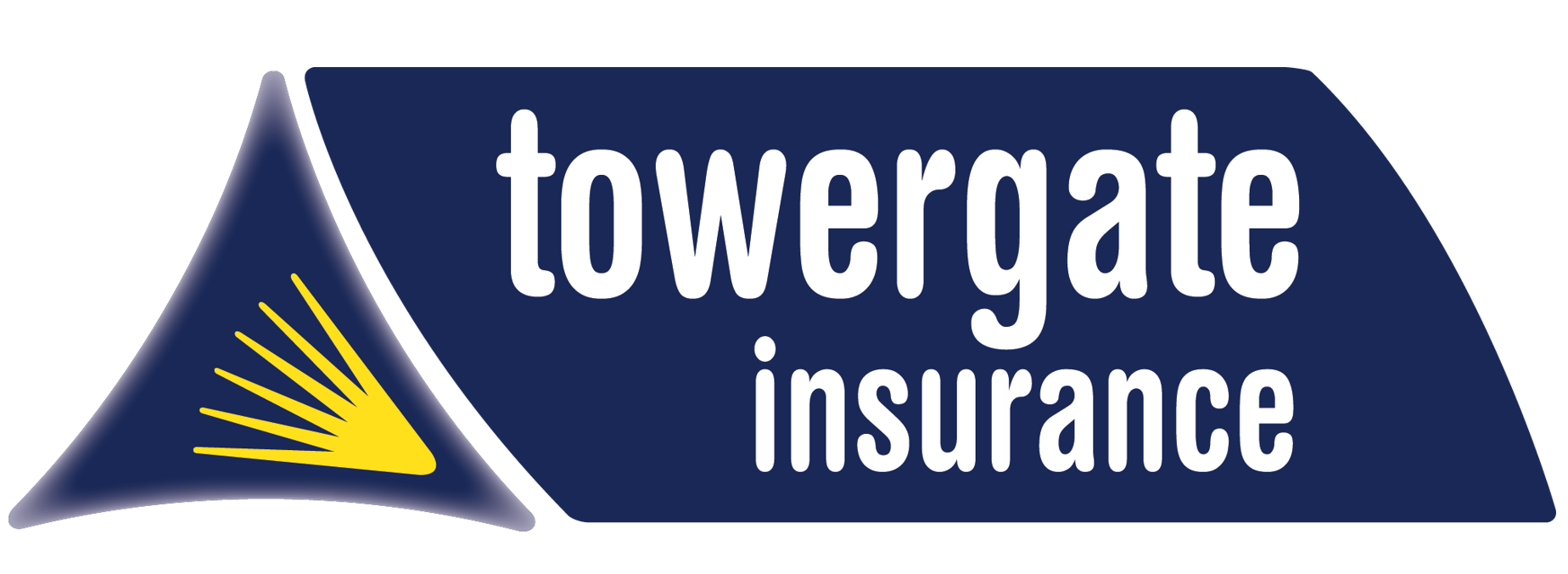|
Over 170 school leaders from across the Devon, Plymouth and Torbay area came together online on the first Wednesday in March for the Spring Leadership Forum with the shared focus of school improvement and teacher development. SWIFT Director, Martin Smith welcomed delegates and introduced the South West Institute for Teaching as Colyton and Kingsbridge Teaching School Hubs, two of the 87 Teaching School Hubs working together on the Department for Education’s national programme. SWIFT are leading on delivery of the Appropriate Body Service and Early Career Framework, the reformed NPQs; as well as offering a rich range of continuing professional development opportunities for schools. Based on a partnership of schools and Multi Academy Trusts, Kingsbridge Research School, Curriculum and Initial Teaching Training partners, SWIFT is proud of its unique partnership and is committed to working with schools and leaders across the area. Keynote speaker, Tom Sherrington opened the conference with his Introduction to Walkthrus and Tom will be working with schools on a SWIFT programme next academic year (for more information see here with a discount available for SWIFT members). Coaching is an increasingly acknowledged essential teaching and learning tool, and Walkthrus consider 50 key teaching techniques in five steps with “wrap around” ideas, providing guidance about what is needed to teach well. It is not enough to simply hope that teachers will improve. Professional development must be a key driver, rather than accountability; thereby moving away from top down observations to a ground up and organic professional dialogue in schools. Walkthrus overlap and dovetail with existing coaching programmes and is a powerful training tool to support schools to create their own tools and use materials common to their setting with a shared language that codifies training techniques. It is important to meet and discuss the teacher’s lesson with precise praise and then probe together as a supportive developmental process and to build trust. Walkthrus provide slides, videos, and trainer notes and cover curriculum planning, questioning and feedback. Questioning and feedback are key to the training, using a range of definable techniques. Teachers are encouraged to think about the learning process and how students process their working memory across a range of abilities and needs and how to challenge in the classroom. Tom inspired school leaders to invest in professional development at the heart of the school and to sustain this investment and ultimately unleash colleagues’ creativity. The next keynote speaker was HMI, Stephen Lee on the latest Ofsted briefing presenting key messages about curriculum, which was a central focus of the Education Inspection framework (operational for the past four years). Previously, Progress 8 data could have triggered an inspection; but this is Ofsted’s conscious attempt to refocus the conversation on the central purpose of schools. Since Ofsted’s Chief Inspector Amanda Spielman started in post in 2017, Ofsted has refocused on the curriculum and in particular the substance and knowledge that we want young people to acquire, so that they know more and remember more of what they learn. Learning needs to be broken down into components as sequencing to ensure that pupils are secure in their learning before they progress. Otherwise, there is the danger of missing knowledge and accumulating gaps as a “cumulative disfluency.” A good curriculum should be ambitious and coherent and seek to secure sequenced learning and build up over time complex schemata where knowledge is increasingly connected together. It is important to be clear about what the curriculum means and to consider intent (aims), and thinking about the curriculum, implementation and ultimately the impact. Subject experts have rich, detailed knowledge in their long-term memory by effective learning, which helps pupils to build up their knowledge. It is a misapprehension that skills can be developed separately from knowledge. School leaders need to consider whether their curriculum identifies the knowledge that pupils need to achieve their education goals and whether they have learned this knowledge. Looking at Early Years, this is an essential foundation for children’s learning and schools can decide how they discuss the curriculum with Ofsted as there is no preferred view of how schools design the Early Years Curriculum. When children learn and remember a new skill or knowledge, it can be said that they are making progress and Stephen assured those small* primary schools where a senior leader; for example, the Headteacher has several roles that Ofsted is committed to working with them on a deep dive. *Small = 150 or less pupils on roll. Following the keynotes, delegates had opportunity to attend the following phase-specific sessions:
Concluding this Spring Leadership Forum event, SWIFT Director Martin Smith thanked all the speakers for sharing their dynamic thinking and the session leaders for their leadership and to all the delegates for being part of the conversation. Event SponsorsSWIFT thanks sponsors, Computeam and Towergate Insurance for supporting this Spring Leadership Forum. Find more information about our sponsors and their services to support schools and staff here.
0 Comments
Your comment will be posted after it is approved.
Leave a Reply. |
SWIFT News
|
SPONSORED BY
Join us, be a part of our SWIFT community |
© COPYRIGHT 2022 SOUTH WEST INSTITUTE FOR TEACHING SWIFT. ALL RIGHTS RESERVED | Website by brightblueC
VIEW OUR PRIVACY NOTICES | VIEW OUR COURSE T&CS
VIEW OUR PRIVACY NOTICES | VIEW OUR COURSE T&CS




 RSS Feed
RSS Feed





